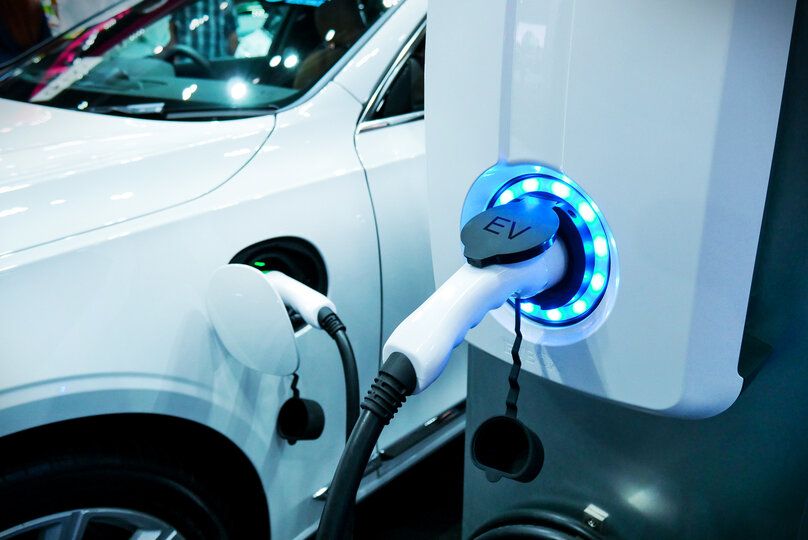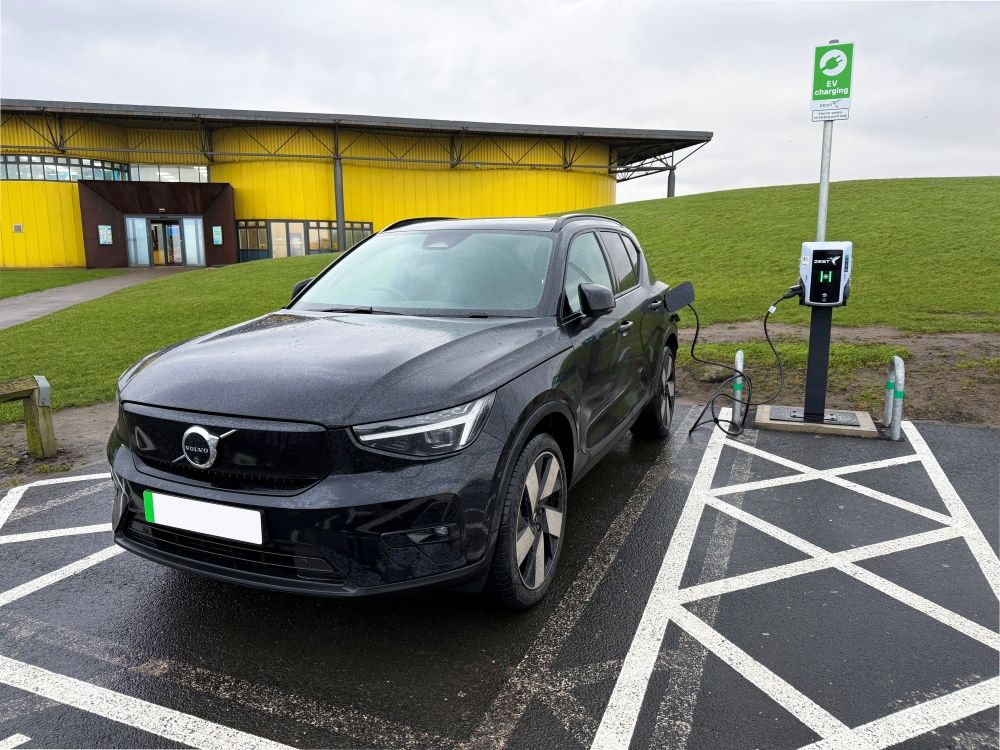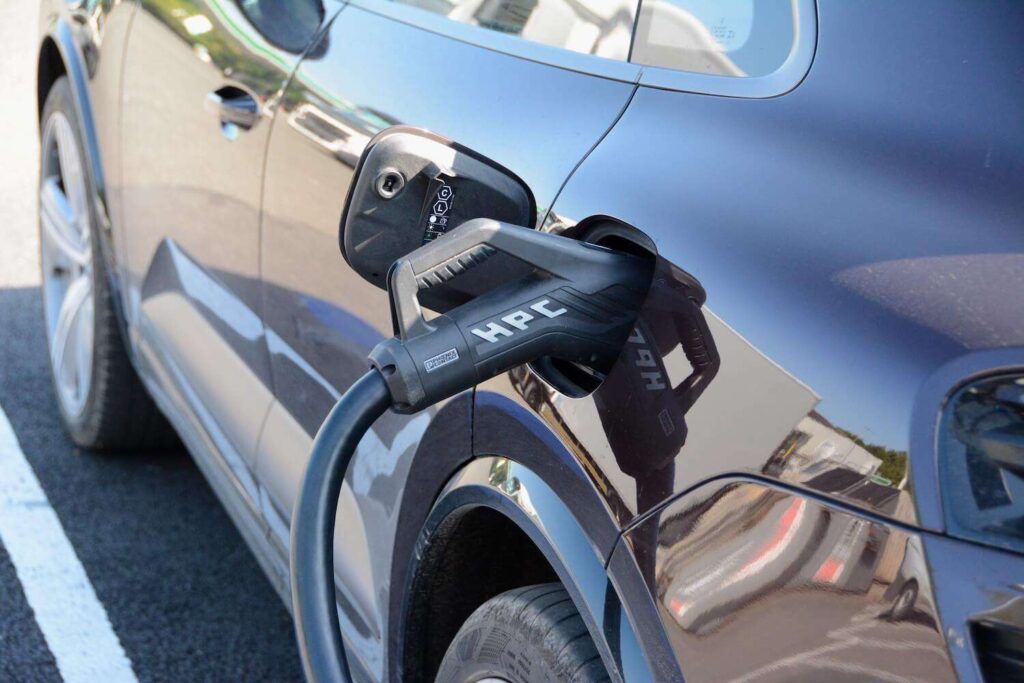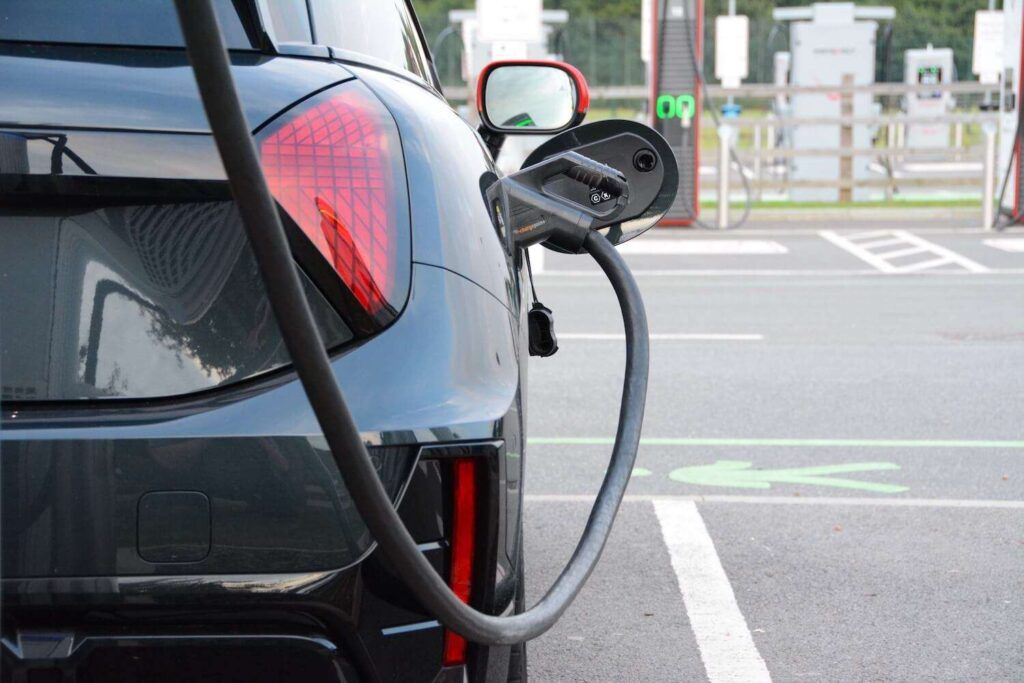Automotive marketplace heycar has launched an online myth-busting guide to help people find out the facts about electric vehicles (EVs).
The most prevalent myths and rumours about the cost and reliability of electric vehicles have been revealed, with hearsay about practicality and cost coming out on top.
With social media (34%) and the pub (17%) cited as the top two places where misinformation was being spread about EVs, it’s perhaps no surprise that 74% of Brits admitting that their knowledge of EVs is shaky. In fact, 42% feel they know more about interest rates and over a third (31%) about mortgages.
In terms of practicality, over a third (35%) of Brits believe the battery needs to be changed every two years or less and more than one in ten (15%) feel EVs are more susceptible to breaking down. There are even those (4%) who think that you can’t charge an EV in the rain!
Debunking these myths, Phil Hall, senior editor at heycar said: “There’s still a huge amount of inaccurate information floating around about EV ownership, and concerns around reliability are a prime example. Most manufacturers provide a minimum 8 year/100,000 mile warranty on batteries – that’s longer than most combustion engine warranties. And compared to a petrol or diesel engine, there’s significantly less moving parts on an EV, meaning there’s much less chance of something breaking or needing to be replaced.“
The poll of 2,000 drivers by automotive marketplace, heycar delved deeper into common misconceptions and found that over a third (35%) were unsure how long you could drive for on one charge and over one in ten (11%) believing that EVs still only last a couple of hours from one charge. And it doesn’t stop there, with 40% claiming there is a lack of charge points in the UK but nearly three quarters of Brits (70%) don’t actually know where their nearest EV charger is.
To this, Hall added: “Most EVs now have a range of over 200 miles, with some able to cover over 400 miles officially. We can get caught up in the range offered by EVs, but in reality most journeys are much shorter than this, meaning you should be able to charge regularly from home or work. This is the most convenient and affordable option, but for those longer journeys however, there are now over 53,000 charging locations with 81,000 charging points. Apps like ZapMap are able to show you where the nearest charger is as well as its status, while its route planner tool can show you all the available charging options on a long journey.“
Speculation around costs are also understandably a key issue, with 80% citing the cost of purchase as a concern. However, the general uncertainty of how much an EV costs has been revealed with just 3% unaware that they could buy a used EV for as little as £6,000. That’s just part of the story, as there are huge savings to be had on nearly-new EVs. Take the popular Vauxhall Corsa Electric as an example. New prices start from £33,740, while a two year old car can be yours for as little as £13,390. That’s actually cheaper in some cases than an equivalent petrol Corsa.
Rumours around running costs are also proving stubborn as cost parity improves, with half (50%) believing that they are more expensive to run when in reality there are big savings to be made. For example, if you covered 150 miles a week in a Ford Mustang Mach-E electric family SUV instead of a comparable Ford Kuga petrol family SUV, you could save almost £1,000 a year on fuel costs..
Dispelling these points, Hall added: “It’s understandable that the cost of transitioning to an EV is a big concern right now, but there are some brilliant deals to be had on nearly-new EVs – you could even end up paying less for one compared to a petrol or diesel equivalent. It’s not just the upfront cost of ownership where you could save money either, as depending on how many miles you cover each year, your running costs could easily be over half of what they are right now.”
With idle gossip only fuelling the misinformation and negative opinion of EVs, heycar has launched a handy online guide to dispel some of the most prevalent myths about EVs.
Hall added “We’ve all come across people on social media or at the pub who tend to share misconceptions about topics they’re not actually that familiar with or qualified to talk about. That’s why we’re starting out on a myth-busting mission to be a source of fact amongst EV fiction.”
With 91% of those polled still driving a petrol or diesel car, only 14% say they would consider an EV for their next car – so the need for clearer information is clear.
Listening to those who already drive an EV, also paints a different picture. With just 7% of EV owners saying that they would talk negatively about their EV to others, heycar is urging motorists – Don’t listen to the clowns! Start listening to those in the know.
Image courtesy of Shutterstock.












